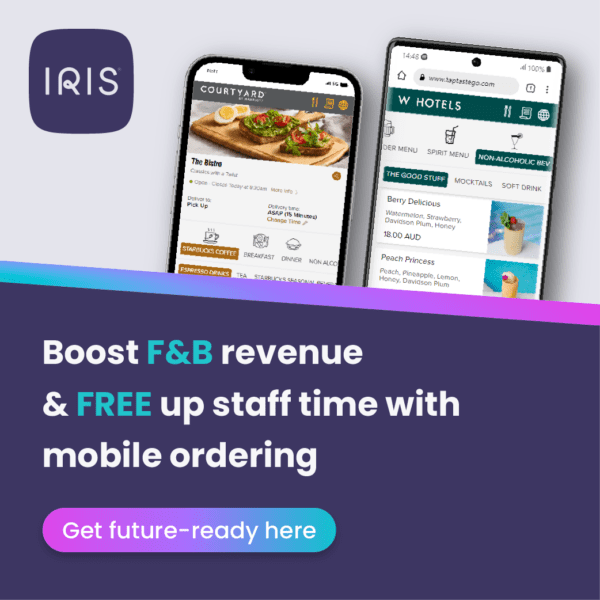 The hospitality environment is fast-paced in many ways Ð particularly in the need to hire and retain well-trained staff. As staffing is the number one challenge facing hospitality professionals over the next five years, turnover has a significant impact on the guest experience and the bottom line.
The hospitality environment is fast-paced in many ways Ð particularly in the need to hire and retain well-trained staff. As staffing is the number one challenge facing hospitality professionals over the next five years, turnover has a significant impact on the guest experience and the bottom line.
As the industry expands, and the workforce isÊbecoming more transient and global, online learning has become an increasingly important way for hoteliers to both attract good staff and retain them as they progress through their career path.
For those seeking a long-term career in hospitality, online learning has become a flexible way of continuing their career track, acquiring high quality, up-to-date skills independent of their employer.
If you haven’t considered learning online, following are 8 ways that online learning benefitsÊorganisations and individuals:
1. Range of courses
No matter what hospitality education level, there is a wide range of courses from Operations to Management across all hospitality disciplines.ÊRather than enrol in a 4-year strict curriculum, professionals may choose only the courses that meet their corporate requirements or career progression.
2. Reduced cost
Online learning provides a cost-effective, compressed learning format.ÊThe time out of daily operations can be greatly reduced, and as learning is self-paced, team members do not waste time waiting for others to catch up.ÊConversely, those who require additional time can progress at their own pace, ensuring they gain a full comprehension.ÊThere are also no commuting costs required for off-site courses, and courses may come with their own workbooks.ÊCourses are usually valid for 12-months or more, so the learning can continue to reference the course during this period – unlike in-person training.
3. Better learning environment
Team members may learn at work, at home, whilst commuting, whenever it suits them.ÊThere are no physical class sessions, deadlines or missed sessions.ÊThe team member can balance their learning with other professional and personal priorities.
4. Convenience and flexibility
Online learning provides team members with the opportunity to plan their study time around the rest of their day, instead of the other way around. Team members can study and work when they are at their peak energy, whether that’s early morning, during scheduled low periods at work or late at night.
5. Greater interaction
While there is contradictory evidence about the rate of online participation versus participation in traditional courses, one thing is certain: online courses offer shy or more reticent team members the opportunity to participate in discussions or chats with more ease than class sessions. Some learners believe online courses are easier to concentrate in because they are not distracted by other students and activity.ÊLearners in online courses are constantly engaged in their learning environment through participation in the professional forums, mentoring and through online learning. Many learners also find savings in fuel and transport costs.
6. Career advancement
Students can take online courses and complete certifications while working, in-between jobs, or while taking time to raise a family. Online learning programs allow professionals to continue their development at all levels while in full-time employment, matching their learning to their career path.
7. Cost effective professional development
An online learning framework enables learners and organisations to set the pace of learning to the requirements of the business, the budget and the pace of team member development.ÊAs an applied learning framework, it is important to ensure the learning matches the career progression, not the other way around!ÊRather than completing intense study in a major block and then looking for an entry-level role, through online learning, aspiring professionals can learn at the pace of their career advancement, spreading the time and financial commitments evenly to support their individual commitments.
8. Recognized prior learning
The modular structure of online learning enables assessed for competency, experience and attitude, and a customer approach to course enrollment based on each individual’s needs.ÊUnlike fixed curriculum programs, online learning accommodates and honors prior learning and experience exactly, ensuring learners pick up at the exact point in the team member’s career and align the future professional development to the requirements of the business and the individual.
Online learning is the way of the future for the professional development requirements of organizations and individuals. Providing flexibility in completion, access, and cost, online learning allows each individual to develop their individual skills, at their own pace, and in accordance with their individual and business requirements.

















